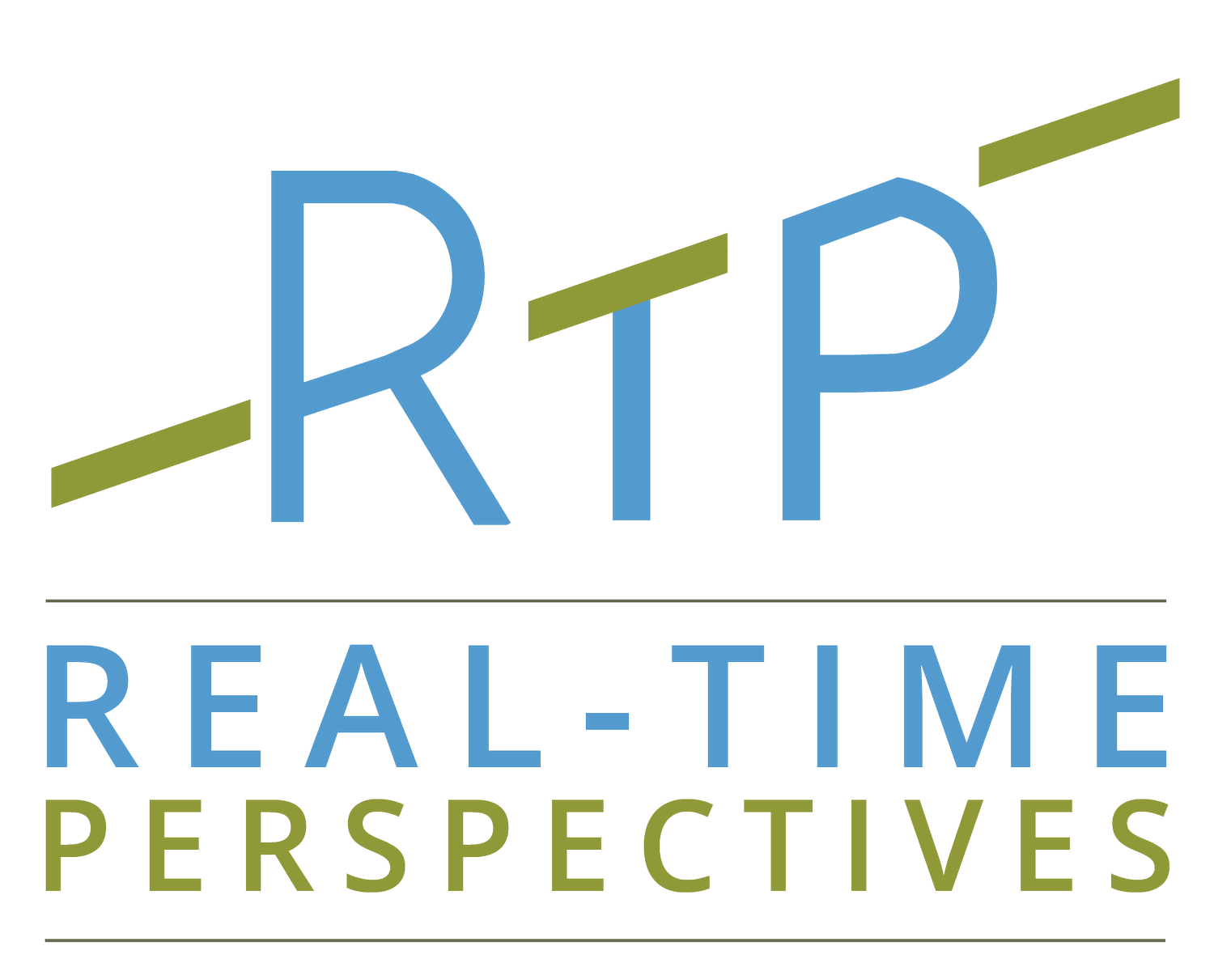Interrupt “Self-Sabotage” and Tame Your Emotional Triggers
Last year I had the privilege of working with a smart, successful, and tenured Economics professor who intentionally chose to add breadth and depth to her expertise by becoming a certified coach in Immunity to Change ™. Talk about grit! As a faculty member in the program that certifies professionals in this area, I had the opportunity to help her learn ways to support her coaching clients in uncovering and overcoming limiting beliefs (immunities). We also had an opportunity to discover one of her own most significant barriers. And I was there to walk alongside her as she made intentional choices about how to recognize its power over her and watch as she made equally intentional choices to diminish its negative impact on her.
“Notes from the Margins”
A few weeks ago, this amazing woman sent me a lovely, unexpected gift. It was a list of the notes she had made in the margins of her workbooks during our coaching sessions. I was touched by them all, but particularly struck by how many times she noted the importance of recognizing and interrupting internal “triggers” that can get in the way of effective communication and relationship-building.
In her efforts to overcome or diminish the power of her limiting belief, she recognized the utmost importance of self-awareness being the starting point:
Is my emotional reaction actually a “messenger” trying to tell me something significant about what I am seeking?
Can I recognize the conditions that led to that particular trigger – the who, what, when, where?
Are there clear patterns and themes indicated by these conditions? Am I being objective about what I’m observing vs. defaulting to a story I’m making up in my head?
What can I reframe (see with a different, equally honest, and more neutral “lens”) so that my reaction is more in line with what will help me get what I want, rather than inadvertently sabotage what I’m trying to achieve?
Human Responses to Emotional Triggers
There generally are 3 ways we humans respond to internal triggers. We either:
Control – move against
Protect – move away
Comply – move towards
Each response is somewhat self-protective under certain circumstances. But a decision to hold onto any of them, every single time they’re triggered, most likely will hurt us in the end because it will keep us from having the courage (think about Brené Brown and vulnerability) to live and lead authentically.
